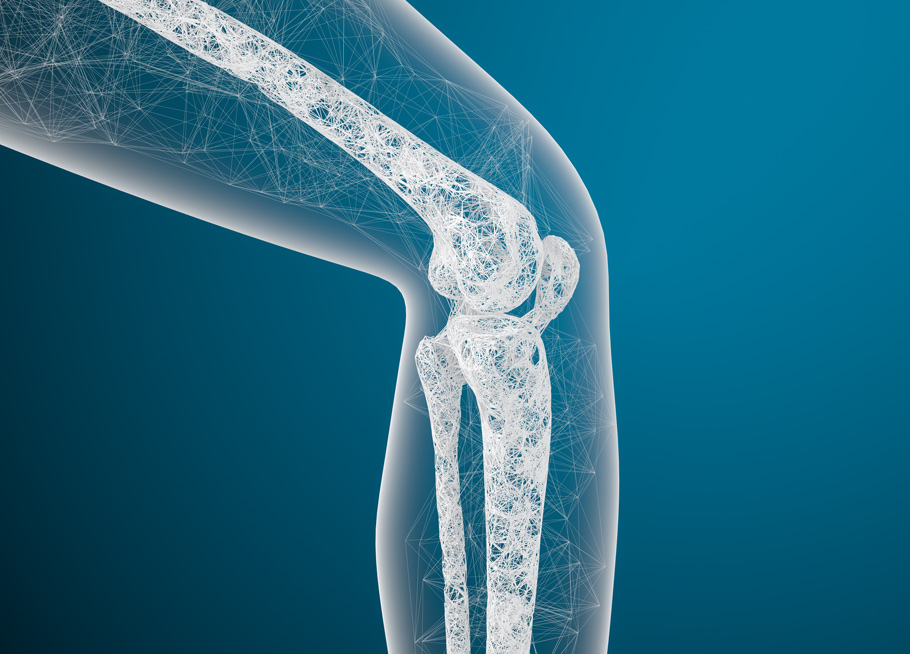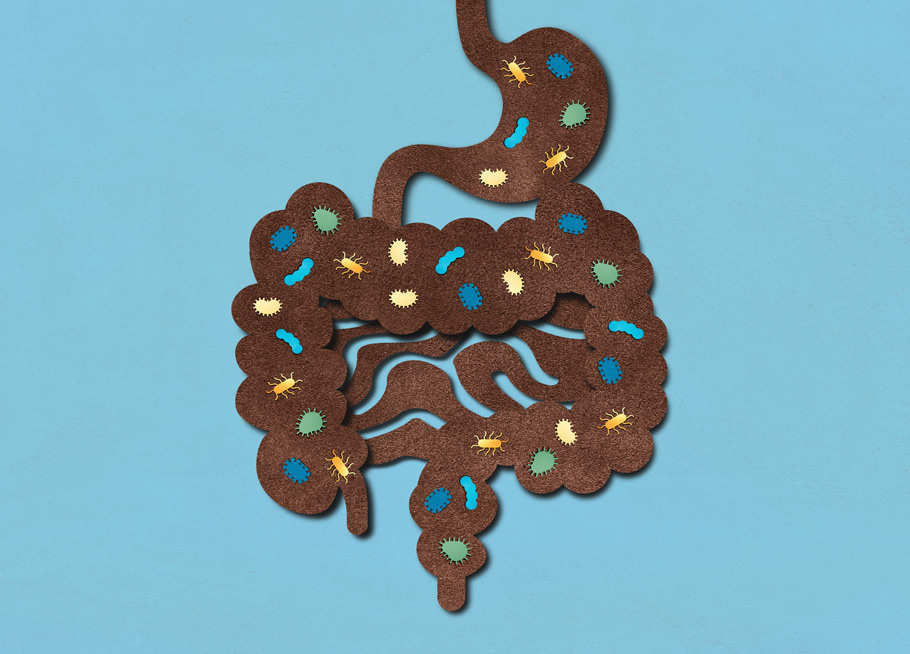
Rheumatoid Arthritis (RA) is an auto-immune condition that can cause pain, swelling and stiffness in the joints of your body.
According to statistics from the National Rheumatoid Arthritis Society, approximately one in 100 people in the UK have the disease.
People often start to experience pain and swelling in their fingers, toes, knees and shoulders, but can often put their aches and pains down to ageing or overdoing exercise. However, if these symptoms don’t go away, it can help to see your GP, who may suspect RA.
Your GP may refer you to an NHS rheumatologist for further tests and an expert diagnosis as most GP’s do not have specialist training in rheumatoid arthritis.
What is rheumatoid arthritis?
Rheumatoid arthritis symptoms can often be misunderstood. It is one of those invisible diseases often associated with ageing, but children can also develop RA. The most common age of onset is between 45 and 75 and is three times more common among women than men.
It is an auto-immune disease where your immune system attacks your own body. It is felt mainly in bone joints, and it is usually systematic on both sides of the body. But a lot of people put the early symptoms down to normal wear and tear on the body.
The main symptoms of RA are joint pain, joint swelling, warmth and redness and stiffness, especially first thing in the morning or after sitting still for a long time.
RA can severely impact a person’s life as well as those around them. This is why it is essential to see your GP if you notice persistent symptoms or your symptoms seem to be getting worse. RA is an inflammatory condition that can affect the whole body, including your major organs, so it shouldn’t be ignored.
Seeing an NHS rheumatologist
Early diagnosis and treatment can help to ease symptoms and slow the progression of the disease. This is why you should see your GP as soon as possible and get a referral to see a specialist NHS rheumatologist.
You will usually have a set of blood tests to help confirm the diagnosis and formulate the most effective treatment plan. Treatments for RA can include:
- Steroid joint injections
- Medications (disease-modifying anti-rheumatic drugs (DMARDs) and biological treatments
- Lifestyle changes
- Physical therapy
- Surgery
You will usually have ongoing care from your GP and other medical support specialists, such as a physical therapist, to help manage your condition over the long term.
Seeing a private specialist rheumatologist
While it can be very reassuring to see your GP if you suspect you may have rheumatoid arthritis, if they decide to refer you to an NHS specialist for further tests and a confirmed diagnosis, you could face waiting up to 18 weeks before you can get the help you need.
If your symptoms are causing your quality of life to deteriorate, or you are worried that by waiting for too long that your condition will worsen, then you may want to consider seeking a private consultation with Dr Naveen Bhadauria at one of his London clinics.
You will be seen much faster, and you can access the best diagnostic tests and personalised treatment plans in the UK.
Why not contact Dr Bhadauria’s friendly staff to discuss your needs and book a private consultation today!
Article by Dr. Naveen Bhadauria



